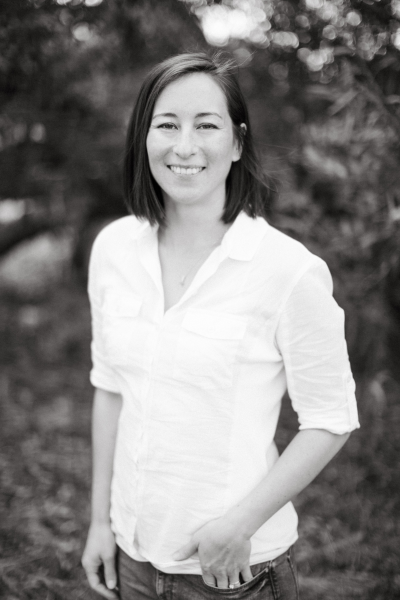Alumni Interview: Kendra Sakaguchi Durrant
Graduates of the School’s programs embark on a wide range of career paths in the broad area of public service and public affairs. The video interviews, alumni profiles, and stories of our distinguished alumni provide a snapshot of these paths.
Carleton 75 Alumni Videos
Alumni Interviews
Distinguished Alumni

Kendra Sakaguchi Durrant is the Head of Energy and Science at the British High Commission. Read about her experiences at the SPPA below
Q: How did you know that Carleton SPPA was the right program for you?
“There are many schools that offer co-op, but none of them are located in the city’s capital like Carleton is, so to me that was one of the really big selling points of the program. I was excited to have the opportunity to work with the federal government. The school has such a long history in public policy education, so it just seemed like a natural choice. The program gave me a good grounding in what policy actually means in practice, and challenged me to think about the kind of questions I should be asking, and what the questions I chose to ask revealed about my own biases. It also gave me a foundation in what it means to be a student in the arts, and what it means to live in a world where there isn’t a right answer, to live in a world where there are some effects that can never be known. To train in something with uncertainty was very helpful for my career.”
Q: What was the transition like from school to the workforce?
“Prior to the program, I didn’t really understand what would be expected of a policy officer and how people judged outcomes in the workforce. It was really challenging to align myself to deal with that uncertainty. This worry was cushioned somewhat by my opportunity to do co-ops, so I was able to get a feel of what being a policy officer looked like in a student position which was very helpful.”
Q: What position do you hold now and what work does this involve?
“I am heading up the group that leads on science, energy and climate change for the British High Commission. What I do there is a real mixed bag. I’m currently on maternity leave, but when I go back I will take over in managing a group of people situated all across the country who are delivering projects on science collaboration, and that’s just as wide and varied as it sounds. I also keep track of energy and climate change policy, and this year in particular is a very special year because the UK is hosting COP 26, which is the UNFCCC climate change negotiations. When I go back, my focus will be the UK’s engagement in Canada on COP 26.”
Q: How did the education you got at the school empower you through your career?
“The biggest thing that the SPPA gave me was the confidence to know that I could do the kind of work that I wanted to. At the end of my two years, I did a major research paper using original research, which was something that I never thought I would do. I was lucky enough to work with Professors Graeme Auld and Anil Varughese to publish that paper. After I did that, which I did concurrently with working, I gained an understanding pf the process and the type of work that it takes to do research. It gave me the confidence to approach a policy job and say that even though there are no right answers, I know enough to have an opinion now.”
Q: What was the most memorable experience during your time at the School?
“At the school, we used to have these offices, and if you wanted, you could get a key and work in the office. I quickly met one of my favourite people in the world and we both have very loud laughs. My favourite memories would be working later on in the evening and we would all of a sudden get on to a topic and start laughing and laughing, and people in the other rooms would go home because we were laughing so loudly. The people I met and the friendships I made have been truly the best experience. One of the people I met at school was in my wedding party. Those relationships were irreplaceable, the school brings in great people.”
Q: Do you have any advice for current or future students?
“When I started school, my career did not exist. I was always very passionate about climate change, I knew that I wanted to work in It, and I knew that it would be an increasingly important problem, but I had yet to figure out what space there would be professionally. And I just didn’t worry about it too much, and as the years went on, it’s become a bigger and bigger problem, which is not so great, but the world has taken it much more seriously, which has opened up interesting opportunities to help serve. So what I would say is follow your passion, and even though you might not see it right now, if you get into the community that you’re interested in, there will be an opportunity for you to serve.”